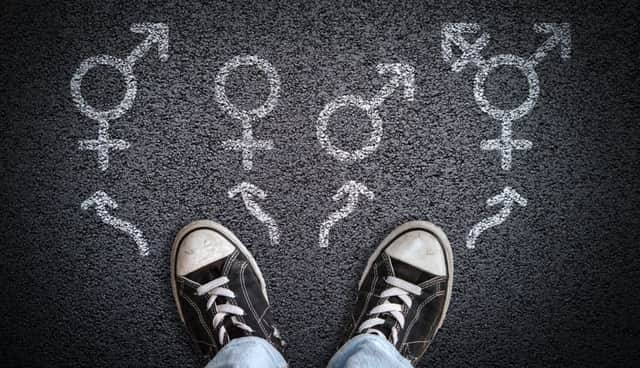Lucy Hunter Blackburn: Sex question should stick to birth certificate


This quietly changed in 2011, when online guidance was introduced which suggested that individuals who regarded themselves as transsexual or transgender should answer the sex question based on how they personally identified their own sex, regardless of what was officially recorded on their birth certificate. Now, as plans for the 2021 Census are being drawn up, the census authorities in Scotland, England and Wales are considering similar guidance to accompany the sex question, which will again direct respondents to answer based on self-identified sex.
The Scottish Parliament recently agreed legislation that will enable a new question on gender identity to the 2021 Census, in addition to the separate question on sex. In our evidence to the parliamentary committee, we supported this move to collect, for the first time, good quality data on the numbers of citizens who describe themselves as transgender, and to allow people to record how they identify.
Advertisement
Hide AdAdvertisement
Hide AdSo in contrast to 2011, this is no longer a debate about whether the census should give people a chance to record their identity. It is now purely about whether the census can separately ask people to report their sex recorded since birth (or for the very small number who have used a Gender Recognition Certificate, to report what is recorded on their revised birth certificate).
Why does this matter? It matters because there is a profound conceptual shift at play here. Within the context of the UK’s most important and long-standing population survey, sex is being redefined. This would abandon the idea that the census can gather objective data on sex in line with its definition in the Equality Act, where it is a protected category distinct from gender reassignment. This precedent would also inevitably be applied in other settings.
If we cease to gather data on sex as a category rooted in biology we lose the ability to measure accurately the experience of 51 per cent of the population, and to chart precisely and remedy the discrimination and disadvantage they face. Women remain under-represented across public life in the UK. Each year 54,000 women experience pregnancy or maternity discrimination. The gender pay gap is essentially a motherhood penalty. Caroline Criado Perez’s book Invisible Women, published earlier this year, powerfully articulated the importance of sex-disaggregated data. To disaggregate data by sex requires that we have the ability to ask people what their sex is in the first place.
This will be the first census where the authorities are expecting the majority of households to answer the census questionnaire online, rather than on paper. It is therefore likely that the accompanying guidance will be much more widely seen, one click away for most respondents, and have more impact on the data, compared with 2011.
If we cannot gather data on sex that is consistent with the Equality Act, we cannot name and describe the effects of the sexism that Act is intended to address. This is why maintaining the integrity of data we collect on sex matters, and why on 21 March, 2021, when citizens complete the sex question, the guidance, if there must be any, should be limited to asking them to respond on the basis of what their birth certificate records.
Lucy Hunter Blackburn is a former senior civil servant working at thinktank MurrayBlackburnMackenzie